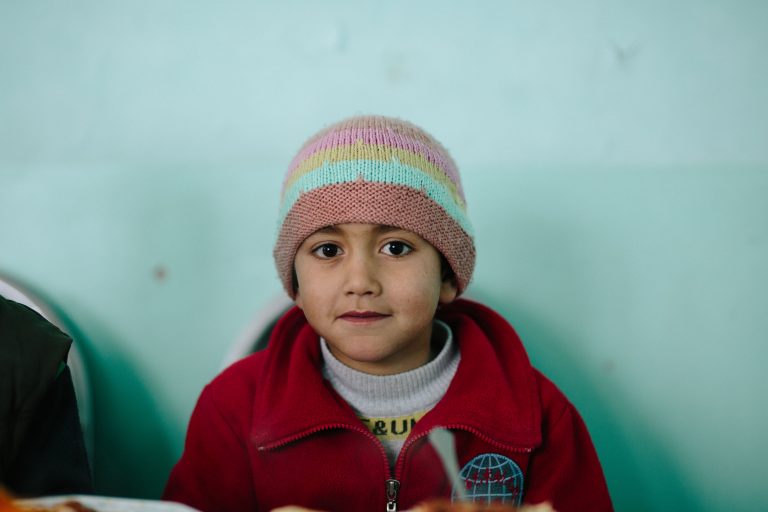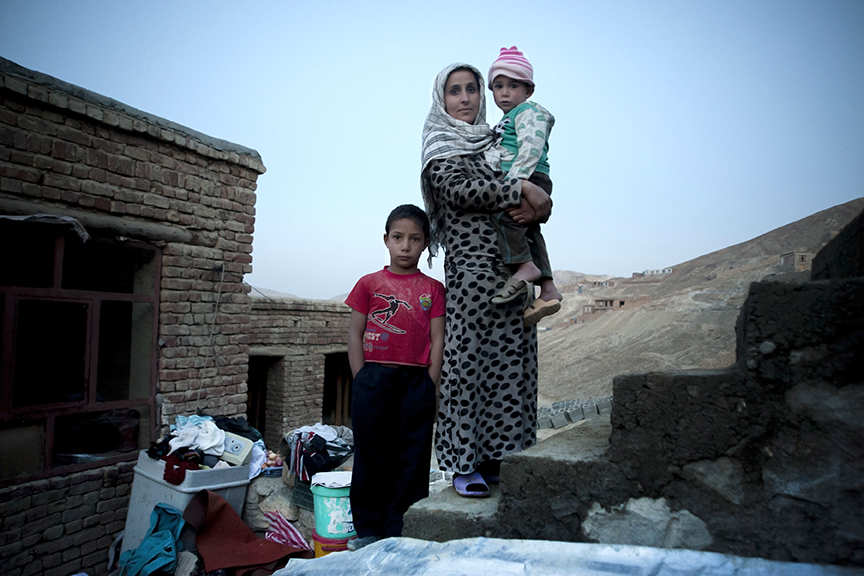SPONSOR
GIRLS' EDUCATION
IN AFGHANISTAN
“Ensure their voices are heard and that we are creating a stronger, just and brighter tomorrow for the girls of Afghanistan”
Sponsorship Program
The program sponsors Afghan girls, orphans and widows and does not discriminate by providing support to all ethnic groups. We work with individuals in all regions in which we operate, including Kabul, Panjshir, Parwan, Takhar and Badakhshan.

SPONSOR An orphan
$75/MONTH
After years of war and poverty, many Afghan children have become destitute. Whether both parents have died or they lack adequate care at home, this program aims to provide orphan children with greater opportunity, care and support.

SPONSOR A WIDOW AND HER FAMILY
$100/MONTH
Widows are of the most vulnerable group in Afghanistan. Often caring for several children, widows have no way of earning an income. This program provides those most in need with food, medicine and vocational training.
How Sponsorship Helps
The Sponsorship Program works by meeting the basic human needs such as shelter, clothes, education, food and medicine. It continues to care for the individual while seeking ways for the beneficiary to eventually become self-reliant. This includes education and training. It is vital that women and children supported through Mahboba’s Promise become self-sufficient as opposed to reliant on welfare provisions. Through access to education, they can have a better future.
Health
Without adequate Healthcare, women in Afghanistan risk losing their own lives and the lives of their children, particularly during childbirth.
Education
Education has the power to end poverty. Educating girls and boys will pave the way to a brighter future for all of Afghanistan.
Safe Drinking Water
Providing communities with clean drinking water is one of the first steps to ending extreme poverty.
Food and Agriculture
Nutrition in Afghanistan is among the worst in the world. Our focus on food and sustainable agricultural practices ensures a healthy diet for disadvantaged women and children.
Income Generation
Widows, being one of the most vulnerable groups in Afghanistan, struggle to earn an income to support their families. Providing Widows and young adults with training ensures they are able to support themselves and their families.
Join our Sponsorship Program today
Offline Donations
Via Direct Deposit:
Mahboba’s Promise Inc
Bank: Commonwealth Bank
BSB: 062 320 Account Number: 1017 6256
SWIFT Code: CTBAAU2S (for overseas donors)
Use the reference “Sponsorship” and your name.
Let us know your contact details via office@mahbobaspromise.org
Via Phone:
Call our office on +61 2 9887 1665 between the hours of 10 AM – 3 PM Monday to Friday.
Via Mail:
Send a cheque, money order or cash to:
Mahboba’s Promise
PO Box 6234
North Ryde NSW 2113
Where Your Money Goes
All funds raised through the sponsorship program are pooled together and distributed in line with budgets set for each community. This model is used to maximize effectiveness and ensure equity among all individuals in the program. It is used to support the living costs of the individual being sponsored (e.g. shelter, clothes, food or medicines) as well as community development programs (e.g. vegetable gardens, wells, training).
Recipient Selection Process
The following processes outline how we assess and ensure that we are helping the most vulnerable members in society:
- Application: We identify those most in need through referrals from government and non-governmental agencies, and referrals from local community leaders.
- Interviews: We establish a genuine case and assess the gravity of an individual or families in need.
- Survey: We corroborate details of individuals’ or families’ life stories in order to accurately identify level of need.
- Decision made by board members
- Enroll into the program and individual plan developed
- Case Management and Monitoring
- Evaluation
